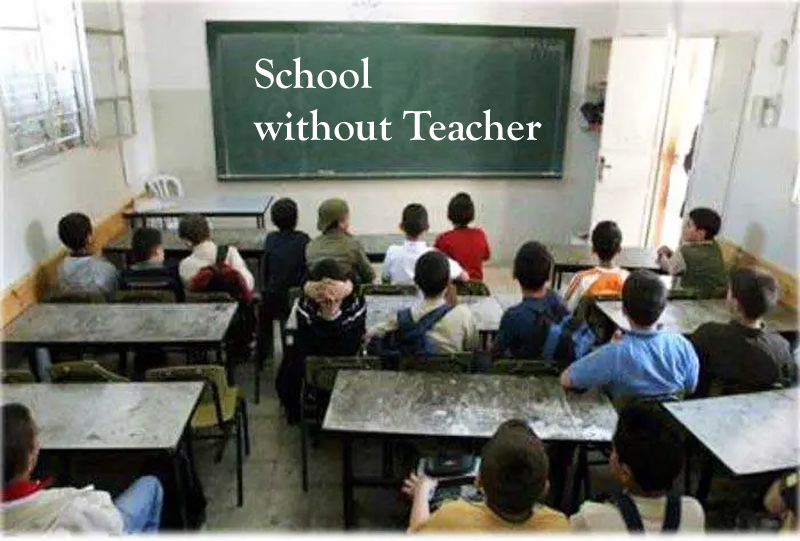The educational landscape in the Jammu Division is facing a severe crisis, with over 400 Headmaster and Principal positions unfilled in Government high schools and higher secondary schools. This highlights the systemic indifference within the School Education Department. The failure in management, coupled with the reassignment of teachers to non-educational roles during critical academic periods, has resulted in schools functioning without leadership and students being left unattended. This neglect undermines the academic advancement of countless students and threatens the integrity of the regional education system.
Headmasters and Principals are essential to any academic institution; they ensure discipline, monitor academic performance, and provide guidance to both teachers and students. The absence of these vital leaders disrupts the entire educational structure. Teachers lack direction, students miss mentorship, and the academic atmosphere deteriorates. The alarming number of 385 high schools and 40 higher secondary schools operating without leadership is a stark reflection of the government’s misplaced priorities.
Compounding this issue further is the diversion of teachers to unrelated responsibilities. During the peak examination season, when students are gearing up for their annual assessments, many teachers in Jammu were assigned roles as investigators for a Baseline Survey under Project YUVA. This decision, made without consulting Chief Education Officers, has left schools under-resourced and deprived students of much-needed support. In some instances, schools are already struggling with a single teacher, and the removal of even one educator can paralyze the entire academic operation.
The challenge extends beyond the lack of Headmasters and Principals. With 62 of the 97 Zonal Education Officer (ZEO) positions vacant, administrative functions necessary for the smooth operation of schools have faltered. ZEOs are essential for managing school operations within their respective zones, resolving grievances, and maintaining academic standards. Their absence has created a backlog of official tasks, leaving schools and educators in uncertainty.
Ironically, seniority lists for eligible candidates for these promotions have been prepared and necessary clearances acquired, yet the promotion lists remain unreleased for reasons unknown to the public. The primary victims of this bureaucratic inaction are the students. The lack of leadership and the sway of teachers during the crucial exam preparation phase have left many unprepared, adversely affecting their performance in Class 10th and 12th examinations. Poor results may subsequently limit their prospects for higher education and employment opportunities.
This situation isn’t isolated, as teachers frequently find themselves assigned extra duties for elections, with government schools serving as polling stations, which leads to class suspensions for several days due to security concerns. Consequently, teachers are caught in an ongoing struggle; despite their best efforts, they are frequently blamed for student underperformance, which stems from systemic issues. Their increments are halted, and they face punitive measures, further demoralizing an already burdened workforce.
The educational crisis in Jammu urgently requires a thorough and effective response. The government must prioritize filling the vacant Headmaster, Principal, and ZEO positions promptly and transparently. Moreover, the practice of reallocating teachers to non-academic tasks during the school year needs to cease. Teachers should focus on their primary role: educating and mentoring students. Furthermore, a comprehensive overhaul of the Jammu education system is essential, emphasizing infrastructure improvement, resource allocation, and the recruitment of qualified, motivated educators.


Leave a Reply